Inflation and Your Savings: 5 Important Effects You Need to Know
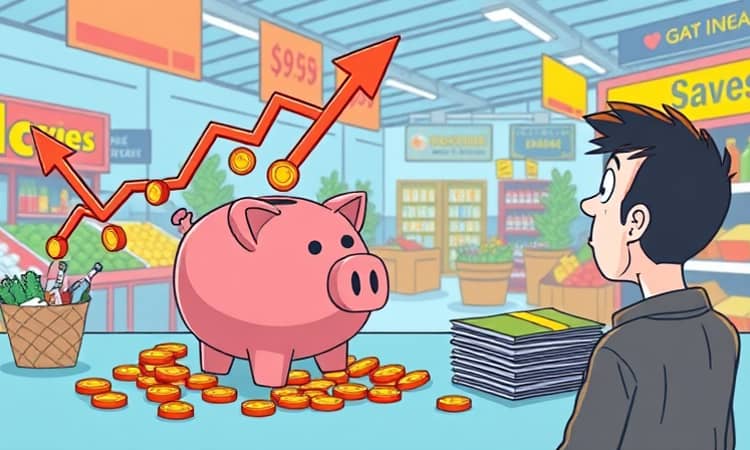
Inflation is a crucial economic indicator that affects nearly everyone, especially in the context of savings. As prices rise, the purchasing power of money diminishes, leading to significant consequences for individual savings and investments.
Being aware of how inflation impacts savings can help individuals make informed financial decisions. This article explores five important effects of inflation on savings that everyone should know to better navigate their financial futures.
1. Reduced Purchasing Power

One of the most immediate effects of inflation is the reduction in purchasing power. When inflation rises, each dollar you have buys less than it did before, which means that the same amount of savings will not stretch as far as it once did.
This loss in purchasing power can have a significant impact on your lifestyle, especially if your income does not keep pace with inflation. The essentials, such as food, housing, and healthcare, will take up a larger portion of your budget, leaving less for savings or discretionary spending.
- Inflation affects the cost of living.
- Savings lose value in real terms over time.
- Inflation outpaces wage growth for many people.
- Long-term savings goals become harder to achieve.
Consequently, understanding this effect emphasizes the importance of strategic financial planning, especially for long-term goals like retirement.
2. Eroded Savings
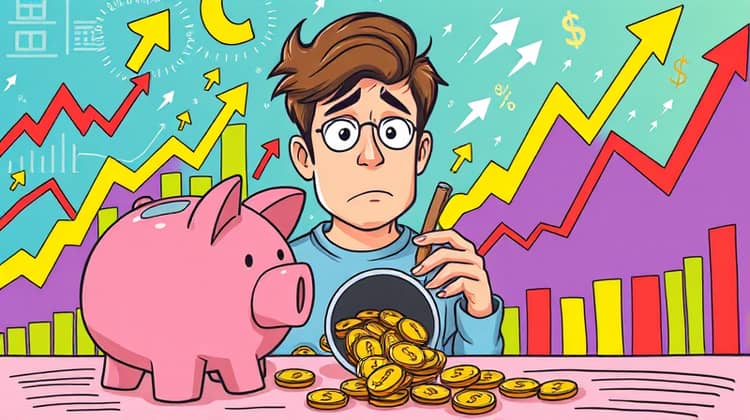
Inflation can erode the value of savings accounts, particularly those with low-interest rates. If the interest you earn on your savings is lower than the inflation rate, your savings lose value over time.
People often assume that keeping cash in a savings account is a safe option, but in high-inflation environments, the actual value of those savings can diminish significantly. This makes it crucial for savers to seek higher interest options.
- Savings accounts may not keep up with inflation rates.
- Inflation means you effectively lose money if savings rates are too low.
- People may need to take more risks to preserve value in savings.
Understanding how inflation affects savings is vital in strategizing personal finance, leading individuals to consider investment options that can potentially offer inflation beating returns.
3. Impact on Fixed Income Investments
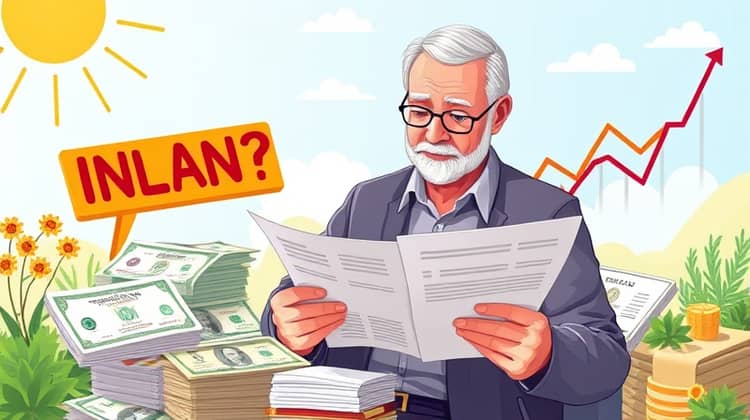
Inflation can dramatically affect the returns on fixed income investments, such as bonds. When inflation rises, the real return on these investments can be significantly decreased, impacting retirees or anyone relying on these for steady income.
For example, if you hold a bond with a fixed interest rate, inflation can erode the purchasing power of the interest payments you receive, making them less valuable over time. This risk makes it essential for investors to factor inflation into their strategies.
- Bond yields often rise with inflation, affecting bond prices negatively.
- Fixed income investments may require higher yields to be attractive during high inflation periods.
- Investors may turn to TIPS (Treasury Inflation-Protected Securities) to hedge against inflation.
Investing in a diversified portfolio that includes assets designed to hedge against inflation can be a prudent strategy for those reliant on fixed income investment returns.
4. Increased Interest Rates
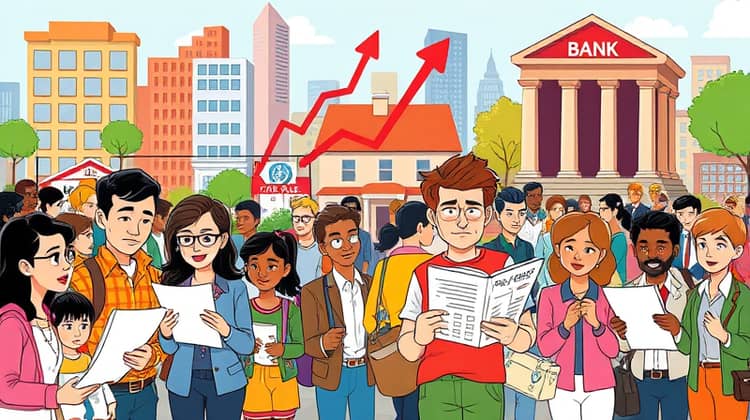
In response to rising inflation, central banks often increase interest rates to stabilize the economy. Higher interest rates can have widespread effects on individuals and businesses alike.
For those with loans or mortgages, increased interest rates can mean higher repayment amounts, which can strain personal finances and reduce disposable income.
- Higher interest rates affect borrowing costs for individuals and businesses.
- Existing variable-rate loans become more expensive.
- Impact on housing market due to mortgage rate hikes.
- Potential slowdown in economic growth due to reduced consumer spending.
This environment creates a challenging landscape for those looking to borrow money, making it crucial to assess the implications of rising interest rates on personal financial plans.
5. Necessity for Higher Returns

With inflation consistently consuming the value of money, there is an increasing need for individuals to seek higher returns on their investments. This need can influence investment behaviors and risk tolerance, pushing savers towards equities, real estate, or other higher-yielding assets.
To effectively counteract inflation, investors may need to adopt a more aggressive investment strategy, which could mean exploring options outside of traditional savings accounts or bonds.
- Identify growth-focused investments such as stocks or real estate.
- Consider diversifying portfolios to include inflation-hedged assets.
- Utilize tax-advantaged accounts to maximize investment growth.
- Stay informed on economic conditions and adjust strategies accordingly.
Ultimately, the necessity for higher returns not only aims to preserve savings but also to grow wealth in a way that keeps pace with, or exceeds, inflation, thus securing financial stability for the future.
Conclusion
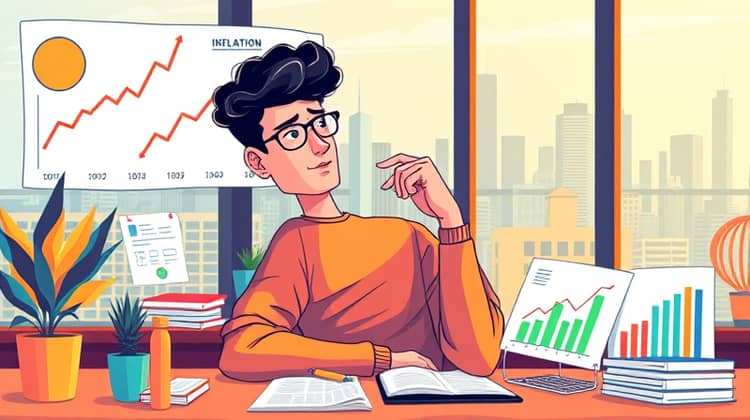
Inflation remains a powerful force impacting savings and investment strategies. Individuals must recognize the profound effects inflation can have on their financial well-being and adjust accordingly.
Understanding the relationship between inflation and savings empowers individuals to make better financial choices, leading to more robust and resilient investment portfolios.
The key takeaway is that ignoring inflation can have detrimental consequences on savings and long-term financial goals.






